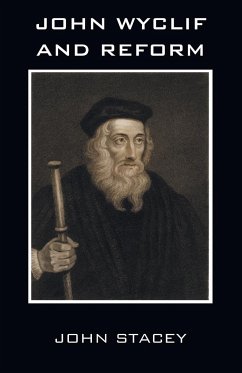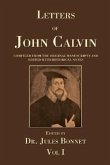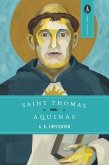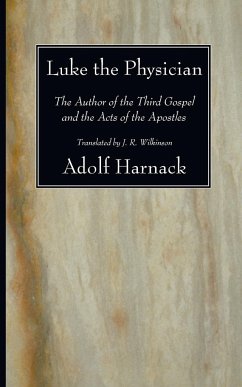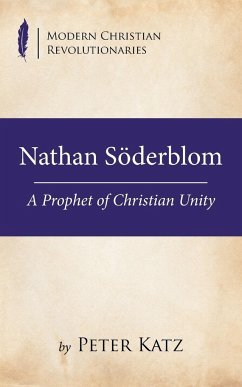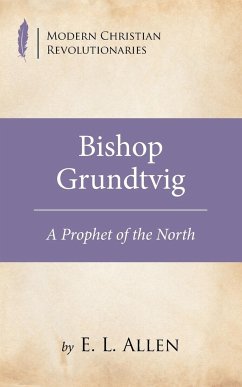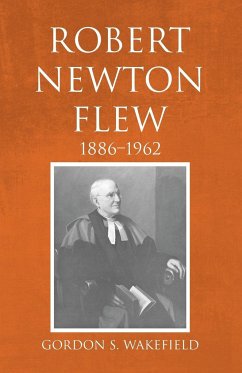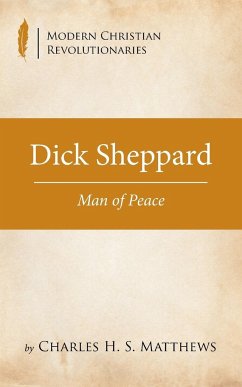More than a century and a half prior to Luther's historic act at Wittenberg, the University of Oxford's distinguished scholar John Wycliff was engaged in his own full-scale war on the institutions and practices of medieval Christendom. This vitriolic theologian from Yorkshire blasted the Pope as ""anti-Christian and a devil . . . the father of lies""; the cardinals were full of ""foul pride,"" the ""Caesarean"" secular clergy were ""traitors of God and his people,"" the monks were in ""love"" with ""their own belly,"" and the friars were ""hypocrites"" guilty of ""stinking covetousness."" Although defenders of the Church struck back with ""devil's instrument,"" ""heretics' idol,"" ""flatteries' sink,"" admirers subsequently hailed him as the ""Morning Star of the Reformation."" The result of so much passion on both sides has been that even today a balanced view of Wycliff is difficult to obtain. This book is one of the first attempts to steer between the extremes, to find the real man and the place he occupied in the movement toward Reform. Actually, a full and comprehensive account of Wyclif's character is almost impossible to achieve. His own writings reveal virtually nothing of a personal nature; his face cannot be studied because no authentic portrait survives. Weighing the evidence of all the widely varying partisan biographies, Mr. Stacey does construct a reliable, if incomplete, impression of Wyclif based on certain characteristics that no assessment can reasonably reject. Painting the great Bible translator into the total picture of Reform is the more fruitful task to which the author devotes the major part of this book. He discusses the validity of Wyclif's judgments of the Church, the increasingly nationalistic climate that encouraged him, his belief in the supreme authority of Scripture and insistence on its literal meaning, his theology, and the perpetuation of his thought in the doctrines and practices of the Lollards. Mr. Stacey appraises both the success and failure of Wyclif's activity, concluding that theologically and practically his contribution revolved around the precise issues that concerned the sixteenth-century Reformers. ""He was on the scent and going strong even if he was not to be in at the kill."" Here, for all readers, is a significant new study developed with an objectivity rarely accorded one of the most baffling and controversial personalities in history.

